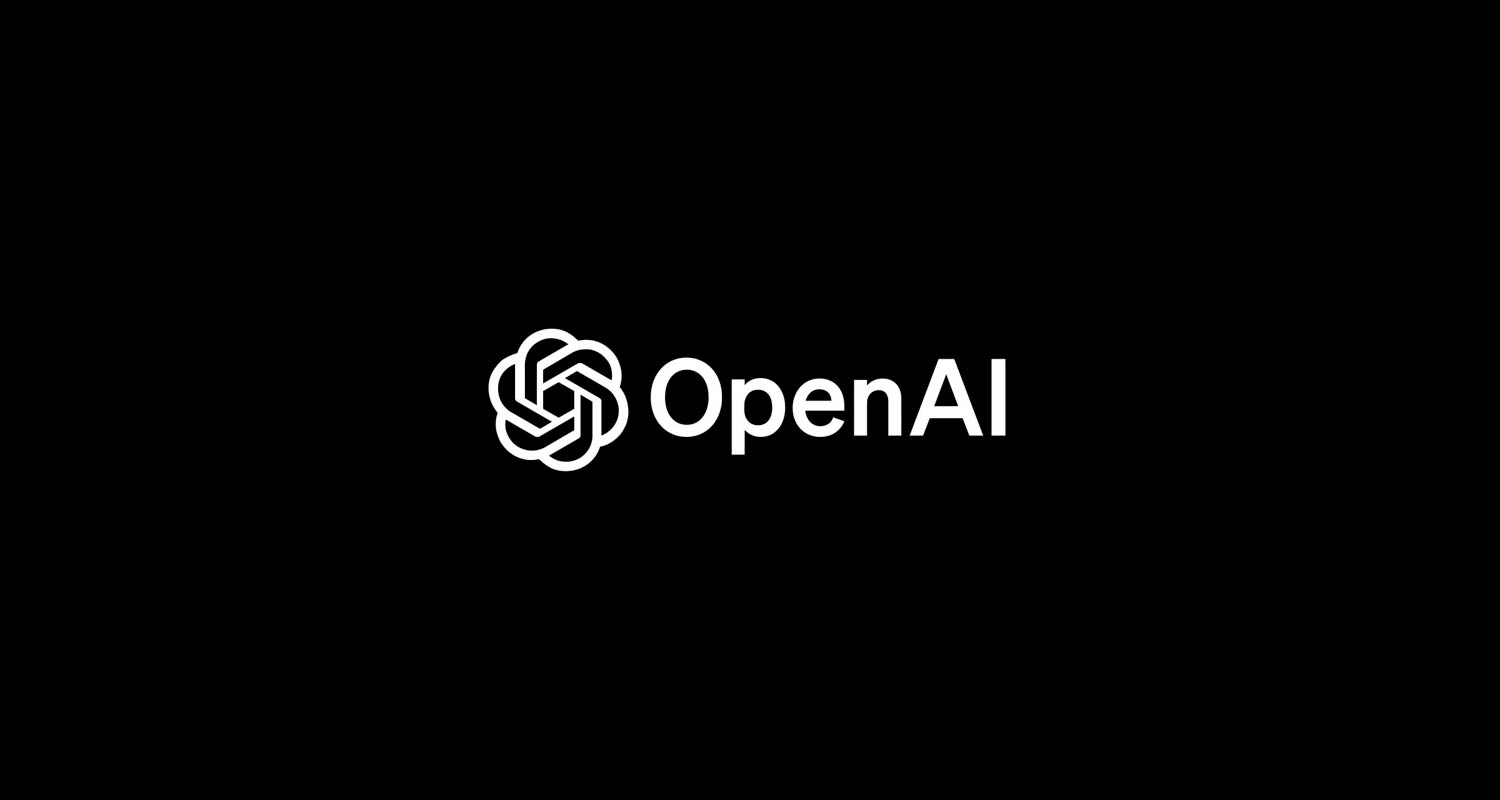 Microsoft-backed OpenAI said on Thursday it was launching its “Strawberry” series of AI models designed to spend more time processing answers to queries in order to solve hard problems.
Microsoft-backed OpenAI said on Thursday it was launching its “Strawberry” series of AI models designed to spend more time processing answers to queries in order to solve hard problems.
The models are capable of reasoning through complex tasks and can solve more challenging problems than previous models in science, coding and maths, the AI firm said in a blog post.
OpenAI used the code name Strawberry to refer to the project internally, while it dubbed the models announced on Thursday o1 and o1-mini. The o1 will be available in ChatGPT and its API from Thursday, the company said.
Noam Brown, a researcher at OpenAI focused on improving reasoning in the company’s models, confirmed in a post on social media platform X that the models were the same as the Strawberry project.
“I’m excited to share with you all the fruit of our effort at OpenAI to create AI models capable of truly general reasoning,” Brown wrote.
In its blog post, OpenAI said the o1 model scored 83% on the qualifying exam for the International Mathematics Olympiad, compared with 13% for its previous model, GPT-4o.
The model also improved performance on competitive programming questions and exceeded human PhD-level accuracy on a benchmark of science problems, the company said.
Smaller steps
Brown said the models were able to accomplish the scores by incorporating a technique known as “chain-of-thought” reasoning, which involves breaking down complex problems into smaller logical steps.
Researchers have noted that AI model performance on complex problems tends to improve when the approach has been used as a prompting technique. OpenAI has now automated this capability so the models can break down problems on their own, without user prompting.
Read: OpenAI co-founder raises $1-billion to build safe AI
“We trained these models to spend more time thinking through problems before they respond, much like a person would. Through training, they learn to refine their thinking process, try different strategies and recognise their mistakes,” OpenAI said. — Akash Sriram, Katie Paul and Anna Tong, (c) 2024 Reuters




